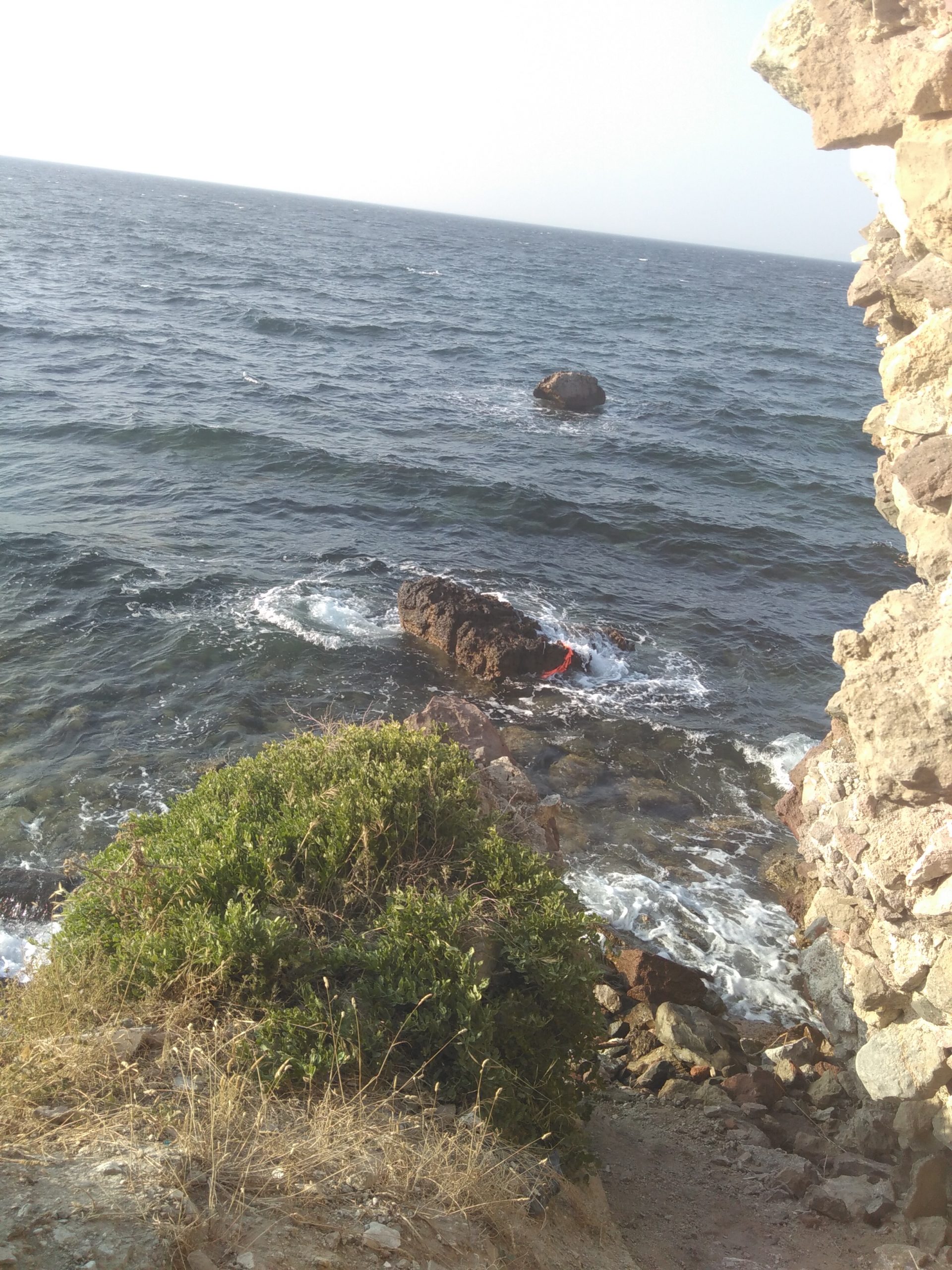CPTnet
2 August 2016
MEDITERRANEAN REFLECTION: Hug Me
by Aaron Kaufmann
“Hug me” read the embroidered words on the teddy bear’s cap.
 Walking along the harbor of Mytilini, working your way past
Walking along the harbor of Mytilini, working your way past
the shops and cafes found along the water’s edge, you can look out and see
Turkey’s coast rising from the Aegean, seemingly only a stone’s throw away. If
you turn your back on the amazing scenery and head into town and up the hill,
you will find yourself passing from the commercial downtown to the mansions and
town houses of residential Mytilini.
Continuing on, winding your way through and climbing the
hill, you leave that behind as well. That wasn’t where you would find the teddy
with “Hug me” written on its cap anyway. You find yourself surrounded by large
apartment buildings, somewhat rundown high rises, and simple shops owned by
people looking to scrounge a living off of serving the families that inhabit
these communities.
Turning around at the top and looking back towards Turkey,
you can see how incredibly close the two countries truly are. The journey can
be made in a couple of hours in as simple a boat as a little rubber dingy. But
the view is not the purpose of the climb up the hill, and you feel yourself
getting nearer, hearing the Teddy’s call: “Hug me.”
Returning to your quest, you enter the cemetery. In German,
the word is “Friedhof,” literally translating to “place of peace.” Once you talk
your way past the grayard keeper, it truly is a peaceful location. Trees grant
shade as you walk along the rows of pristine marble monoliths for the dead. As
you progress, the trees grow fewer and further apart. The graves here are not
so ornate. Much like in the town, you continue forward and find yourself among
dilapidated graves bearing the wind-worn names of the dead. If you look
carefully, you can see it: a seemingly discarded teddy bear, smudged and dirty,
lying on a little mound of earth, simply asking to be hugged.
Only when you leave the last of the marble graves behind can
you see them: thirty or forty mounds, all pointing east, pointing to Mecca.
These graves never bore names—simply genders, presumed ages, and dates the
bodies washed ashore. Teddy, blown from
his seat upon one of the smaller mounds by the wind, is there too, right next
to a stuffed caterpillar with a paradoxical smile frozen on its face. “Hug me” not yet visible, you gather them up,
placing them back nearer to their rightful owner, a young child who will never
hug or be hugged again.
There I stood. I turned, Turkey still visible, and it truly
started to hit me. The day before, it had cost me €4 to ride the ferry from
Turkey to Greece. I was able to do this because I had a paper that says “USA”
on it. This child did not. Instead of “USA,” hers said “Syria,” or “Iraq,” or
“Pakistan.” Instead of paying €4, his parents paid thousands for the chance to
try to escape war and bombing—a chance that for this young one cost everything
and cost the parents the lifelong guilt of wondering if they could have somehow
done something different to hold their baby girl, their baby boy above the
waves just a little longer. The true cost is echoed in that ironic plea
embroidered on Teddy’s hat: “Hug me.”
Who are you hugging?



